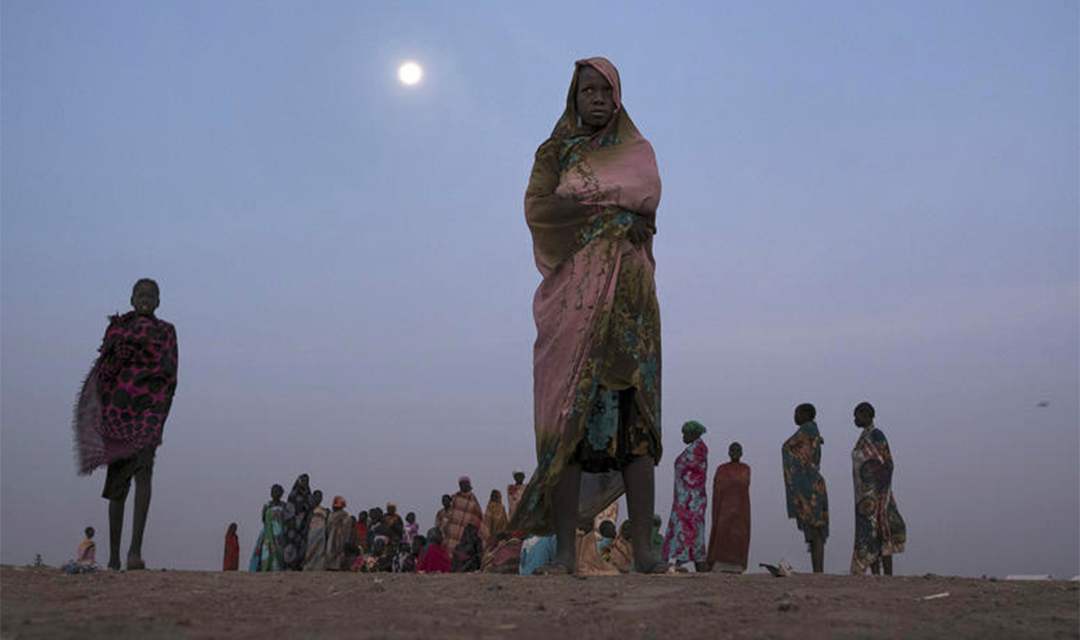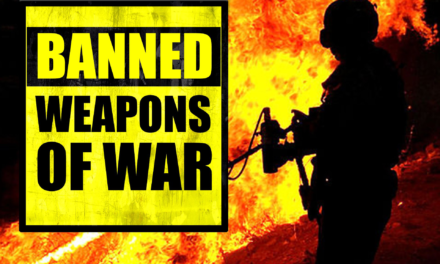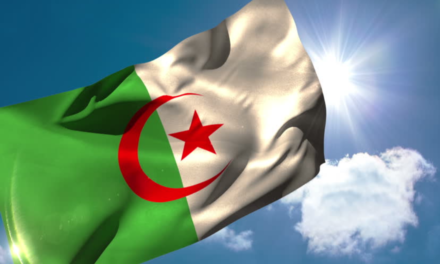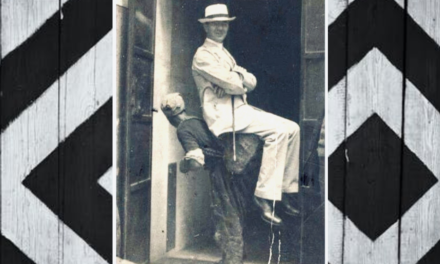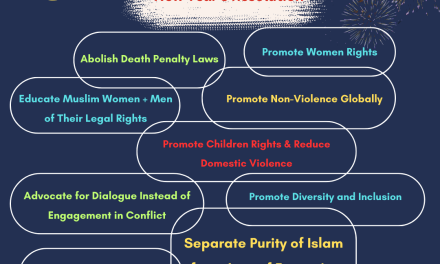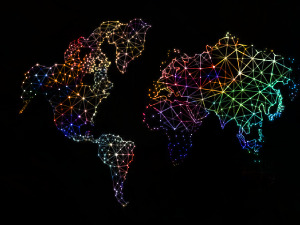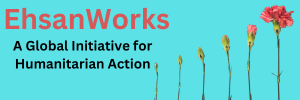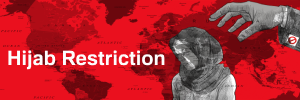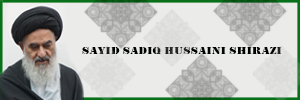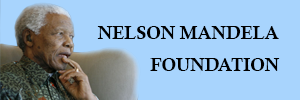Lidija Crnkic, researcher at the Freemuslim Association, Center for De-Radicalization and Extremism Prevention, attended the United States Institute of Peace’s event South Sudan’s Stalled Path to Peace. This event looked at South Sudan’s peace agreement and the measures needed to build peace in the country. The panelists included David Acuoth, Brian Adeba, Mark Ferullo, Morgan Simpson, and Susan Stigant.
The panel started off by discussing what the situation on the ground in South Sudan is like right now. 400,000 have died in the civil war and 60% of the population is facing food insecurity. People are running back to Juba from the camps but there is not enough food there, leaving children begging and stealing on the streets. NISS, the National Intelligence and Security Service, has become increasingly militarized and continues to do more and more policing. The organization has become the president’s own personal police force. Local level conflicts continue to be an issue and the cantonment process of armed group has been problematic in that it leads to more recruitment. However, there is hope. South Sudan’s civil society has evolved in the past few years in that it has become more proactive and adaptive, and the peace agreement has generally reduced fighting.
Some barriers to making further progress with peace include the lack of trust between civilians and the government, the private sector’s predatory and exclusionary nature, the lack of transparency and high levels of corruption in the government, and the difficulty in implements chapters 4 and 5 of the revitalized agreement. The panelists made a number of suggestions as to what can/should be done. A big emphasis was put on the international community supporting the process by ensuring democratic elections, developing a clear and firm way of how financial assistance will be distributed, and preventing malign powers from getting involved. It is important to build progress from grassroots levels while the national level is being sorted out, to build local level resilience and figure out how to share resources. There needs to be accountability for the atrocities that were committed and the government needs to be more transparent politically and economically. Creating a national political dialogue about overcoming tribal identity differences and figuring what type of federalism and how many states South Sudan wants would be beneficial as well.
At Freemuslim we condemn any and all violent behavior and invite people from all backgrounds, religions, and cultures towards coexistence and developing peaceful solutions, and are hopeful that nonviolent progress towards peace in South Sudan can be achieved.
